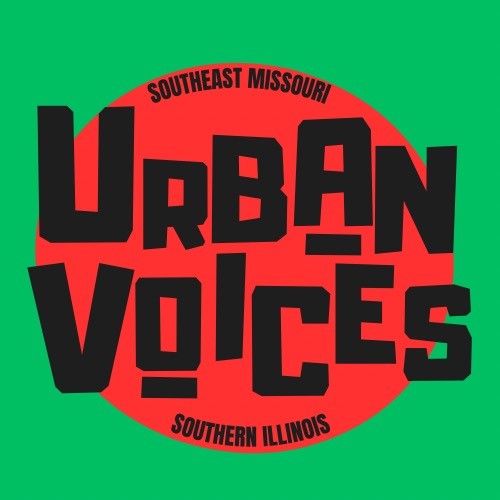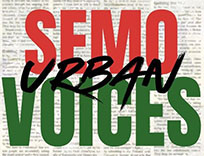Missouri’s 8th Congressional District is a predominantly rural and conservative region covering the southeastern part of the state, including Cape Girardeau. The district is currently represented by Republican Congressman Jason Smith, who has been in office since 2013. The relationship between the district’s congressional leadership and the African American community can be viewed through multiple lenses:
1. Representation and Engagement
The district has a relatively small but significant African American population, particularly in cities like Cape Girardeau, Sikeston, Poplar Bluff, and Kennett.
- Historically, there has been limited direct engagement between the congressional office and African American community concerns, with advocacy often coming from local organizations, churches, and community leaders rather than federal representatives.
- Jason Smith’s voting record and policy focus have largely aligned with conservative priorities, often emphasizing agriculture, tax cuts, and deregulation, ignoring issues affecting Black communities, such as voting rights, criminal justice reform, and economic equity.
2. Policy Impact
- Economic Development: The African American community in the 8th District has faced economic challenges, including high unemployment rates and limited access to capital for Black-owned businesses. While Smith has supported rural economic initiatives, there has been little targeted effort to address racial economic disparities.
- Healthcare: Many African American residents in the district rely on Medicaid and rural healthcare services. Smith has opposed Medicaid expansion, which could have provided better healthcare access to low-income residents, including African Americans.
- Education: The district includes historically Black communities with underfunded schools. Federal support for HBCUs and minority-serving institutions is limited in the area.
- Criminal Justice & Civil Rights: Smith has generally opposed criminal justice reform measures such as reducing mandatory minimum sentences or policing reforms that address racial disparities.
3. Community Advocacy and Alternatives
- Local NAACP chapters, church organizations, and grassroots groups have taken on advocacy roles for African American communities, often pushing for issues like better housing, business development, and equal representation.
- Missouri’s Democratic leadership at the state level has been more responsive to African American concerns than federal representatives from the 8th District.
- Some in the community have called for stronger leadership that prioritizes racial equity, urging for candidates who are more aligned with social justice and economic empowerment.
The relationship between the Missouri 8th District’s representative and the African American community has largely been one of limited engagement and policy disconnect. While the district’s leadership prioritizes rural economic and conservative issues, local African American communities have had to rely on state representatives, local organizations, and their own advocacy efforts to address issues of racial and economic justice.





























